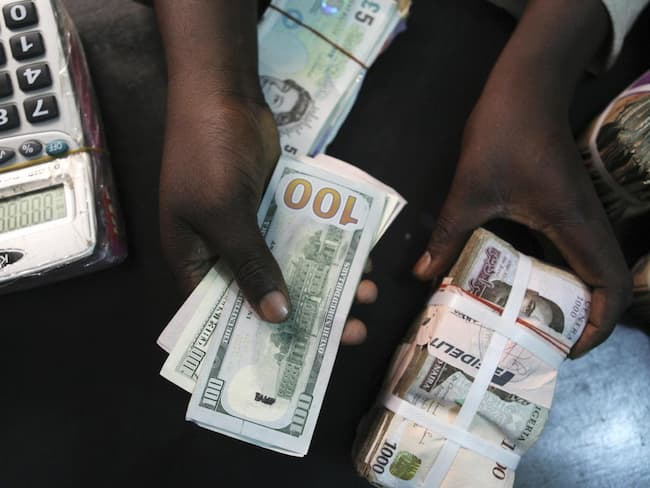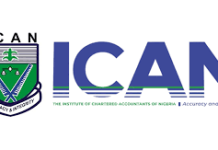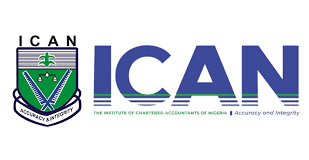Nigeria’s naira to dollar exchange rate strengthened at the parallel or black market on Thursday, February 11, 2021 amid calls for devaluation of the currency by the International Monetary Fund, IMF.
At the parallel market/black market, the naira to dollar exchange rate appreciated and closed at N475 to one dollar compared to N478/$ in the previous day.
Naira traded for as high as N422.59 at the Investors and Exporters window as the demand for the greenback continue to rise by both legitimate importers and foreign investors that wanted to repatriate their earnings.
The exchange rate at the I & E window closed at N400 to one dollar on Thursday, the same rate as Wednesday.
The International Monetary Fund has suggested that the Central Bank of Nigeria should establish a more transparent and market-based exchange rate policy to boost confidence in the market.
The IMF advised Nigeria to devalue the currency, saying that it is currently overvalued by 18.5 per cent on the official market.
However, the Nigerian government argued that further devaluation would worsen the economic situation and increase inflation.
The government said that exchange rate stability had contributed significantly to price stability, a critical component and objective of macroeconomic policy.
A forex trader at AXA Finance, Oghenefejiro Eduviere, predicted that in the coming week, naira would remain stable around 475 to 480 in the parallel market, as the economy continues to face low-dollar supply and high demand for the greenback.
This rate, according to him, reflects market realities.
He said, “The CBN is working hard to maintain its stability, we do not foresee any further depreciation in the near term. We also expect the I&E rate to slowly converge towards the parallel market rate.”
At the parallel market/black market, the naira to dollar exchange rate appreciated and closed at N475 to one dollar compared to N478/$ in the previous day.
Naira traded for as high as N422.59 at the Investors and Exporters window as the demand for the greenback continue to rise by both legitimate importers and foreign investors that wanted to repatriate their earnings.
The exchange rate at the I & E window closed at N400 to one dollar on Thursday, the same rate as Wednesday.
The International Monetary Fund has suggested that the Central Bank of Nigeria should establish a more transparent and market-based exchange rate policy to boost confidence in the market.
The IMF advised Nigeria to devalue the currency, saying that it is currently overvalued by 18.5 per cent on the official market.
However, the Nigerian government argued that further devaluation would worsen the economic situation and increase inflation.
The government said that exchange rate stability had contributed significantly to price stability, a critical component and objective of macroeconomic policy.
A forex trader at AXA Finance, Oghenefejiro Eduviere, predicted that in the coming week, naira would remain stable around 475 to 480 in the parallel market, as the economy continues to face low-dollar supply and high demand for the greenback.
This rate, according to him, reflects market realities.
He said, “The CBN is working hard to maintain its stability, we do not foresee any further depreciation in the near term. We also expect the I&E rate to slowly converge towards the parallel market rate.”













